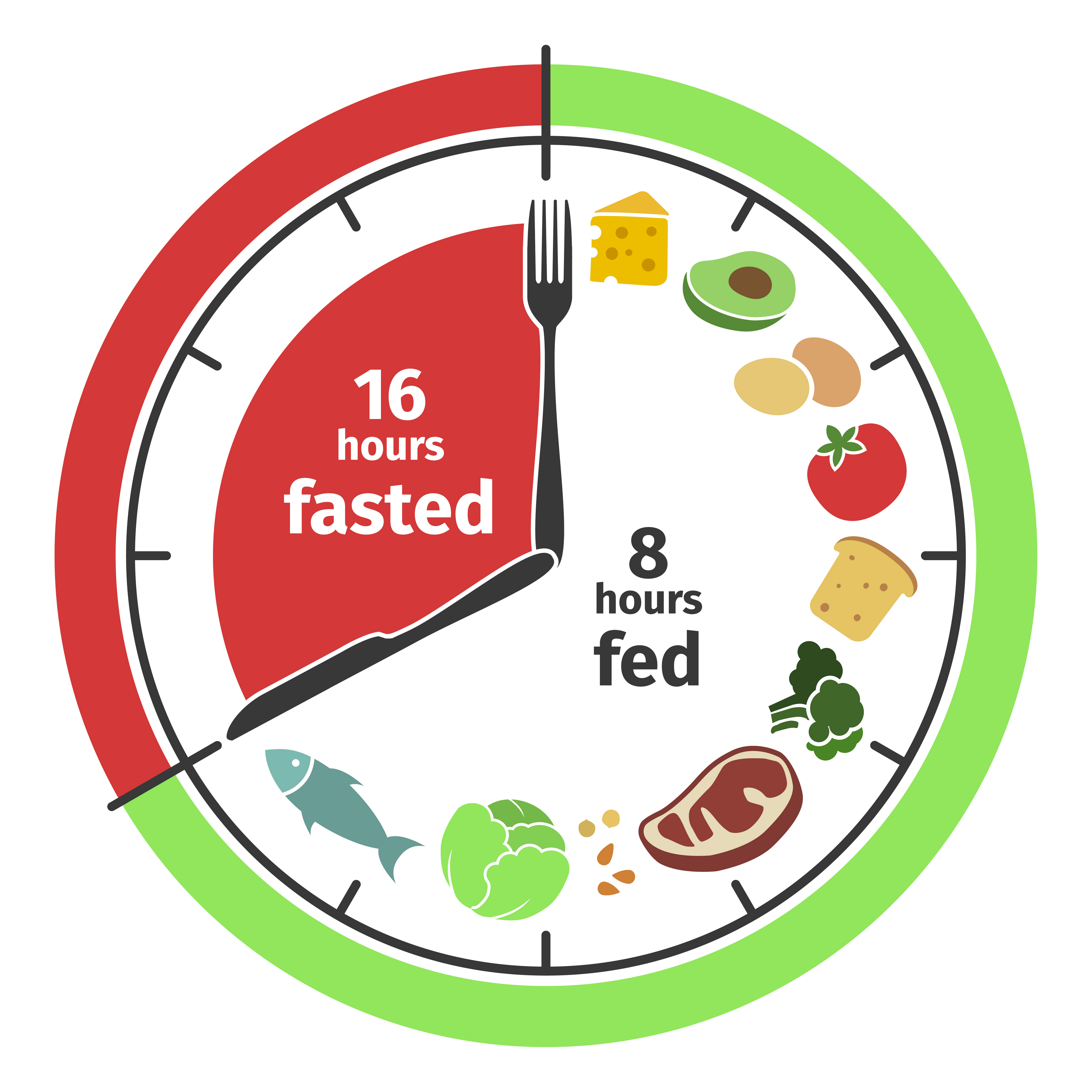Intermittent Fasting: The Health Benefits and How to Get Started
Intermittent fasting (IF) has gained significant popularity in recent years as a health and wellness trend. Beyond its trendy status, many people have embraced intermittent fasting as a sustainable and effective approach to improving their overall health and well-being. This blog will delve into the health benefits of intermittent fasting and provide you with practical tips on how to get started.
What is Intermittent Fasting?
Intermittent fasting is not a diet in the traditional sense; it’s an eating pattern that alternates between periods of fasting and eating. The focus is on when you eat, rather than what you eat. There are several different methods of intermittent fasting, but here are some of the most common ones:
The 16/8 Method: This method involves fasting for 16 hours a day and eating during an 8-hour window. For example, you might skip breakfast and eat between 12 PM and 8 PM.
The 5:2 Diet: With this approach, you eat normally for five days of the week and restrict your calorie intake to around 500-600 calories on the other two non-consecutive days.
The Eat-Stop-Eat Method: This method involves fasting for a full 24 hours once or twice a week.
The Alternate-Day Fasting: You alternate between fasting days and non-fasting days.
The Health Benefits of Intermittent Fasting
Weight Loss: Intermittent fasting can be an effective tool for weight management. By limiting the time you have to eat, it naturally reduces your calorie intake, leading to weight loss. Additionally, fasting helps to lower insulin levels and increase the release of norepinephrine, a hormone that aids in fat breakdown.
Improved Insulin Sensitivity: Fasting can improve your body’s response to insulin, reducing the risk of type 2 diabetes. It helps lower blood sugar levels and reduce insulin resistance.
Cellular Autophagy: During fasting, your body goes through a process called autophagy. This is a cellular clean-up process where your body removes damaged cells and regenerates new ones. It’s linked to a reduced risk of various diseases, including cancer and Alzheimer’s.
Heart Health: Intermittent fasting can improve several risk factors for heart disease, including lower blood pressure, reduced triglycerides, and improved cholesterol levels.
Brain Health: Fasting may support brain health by promoting the production of brain-derived neurotrophic factor (BDNF), a hormone that plays a role in cognitive function and mood regulation. Some studies suggest that intermittent fasting may protect against neurodegenerative diseases.
Longevity: While research in this area is ongoing, some animal studies indicate that intermittent fasting may extend lifespan by improving cellular health and reducing the risk of age-related diseases.

How to Get Started with Intermittent Fasting
Getting started with intermittent fasting can be straightforward if you follow these steps:
Choose a Method: Select the fasting method that aligns with your lifestyle and preferences. The 16/8 method is a great starting point for most beginners, as it’s relatively easy to implement.
Set Your Eating Window: Determine the hours during which you will eat. For example, if you choose the 16/8 method, you might eat from 12 PM to 8 PM. Adjust this window to your daily schedule and preferences.
Stay Hydrated: Water, herbal tea, and black coffee are usually allowed during the fasting period and can help you stay hydrated and curb hunger.
Gradual Transition: If you’re new to fasting, consider a gradual transition. Start with a 12-hour fast and then slowly extend your fasting window over a few weeks.
Listen to Your Body: Pay attention to how your body responds. If you feel extremely hungry or experience adverse effects, such as dizziness or irritability, adjust your fasting window or method.
Plan Balanced Meals: When you eat, focus on nutrient-dense, balanced meals. Ensure you get a good mix of protein, healthy fats, and carbohydrates.
Be Consistent: Consistency is key. Try to stick to your chosen eating window on most days.
Monitor Progress: Keep track of your weight, energy levels, and overall well-being. This can help you evaluate the effectiveness of your fasting regimen.
Consult a Healthcare Professional: If you have any underlying health conditions or concerns, consult with a healthcare professional before starting intermittent fasting.
Intermittent fasting is a flexible and practical approach to improving your health and well-being. The health benefits extend beyond weight loss, encompassing improved insulin sensitivity, cellular health, and potential longevity benefits. To get started, select a fasting method that suits your lifestyle and gradually adjust your eating window. Listen to your body, stay consistent, and monitor your progress to reap the many rewards that intermittent fasting can offer. Remember, it’s important to consult a healthcare professional if you have any health concerns before beginning this eating pattern.



